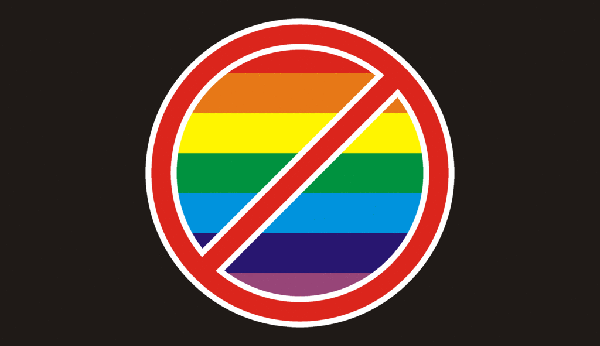Over 60,000 people sign petition to keep law banning gay sex in Singapore
The petition will soon reach its target of 75,000 signatures.

More than 60,000 people have signed a petition to maintain a law criminalising gay sex in Singapore.
Set up by a man named Paul P on change.org, the petition states that repealing Section 377A, a statute which bans male homosexual sex in the country, would “normalise homosexual behaviours” and “lead to [a] greater push for other LGBT rights in our conservative society”.
The petition, which will soon reach its target of 75,000 signatures, reads: “As a conservative society which values traditional family values, we like to reiterate our desire to keep the penal code to convey to our future generations that marriage act should only be an acceptable norm between a man and woman.”
Reports suggest WhatsApp messages have also been circulating the country, urging people to contact their elected representatives to show support for the law. One of the messages reads: “In view of the call for Singaporeans to decide about laws against gay sex, the first line of response is now necessary and each citizen ought to make a stand.”

The message continued, reading: “Here is one initiative – whether you are of any religious or moral conviction, it is best to voice out and write in now” before urging recipients to contact their local MP.
Under the law, a man found to have had “gross indecency” with another man could be jailed for up to two years, though prosecutions are rare. The law doesn’t apply to lesbians.
LGBT rights groups and public figures in the country have been urging lawmakers to repeal the statute following India’s landmark ruling this week. On Friday (September 7), Singapore’s Law and Home Affairs Minister K. Shanmugam said that it was up to the public to decide whether to repeal Section 377A.
He said: “I think society has got to decide which direction it wants to go. And the laws will have to keep pace with changes in society and how society sees these issues.”
